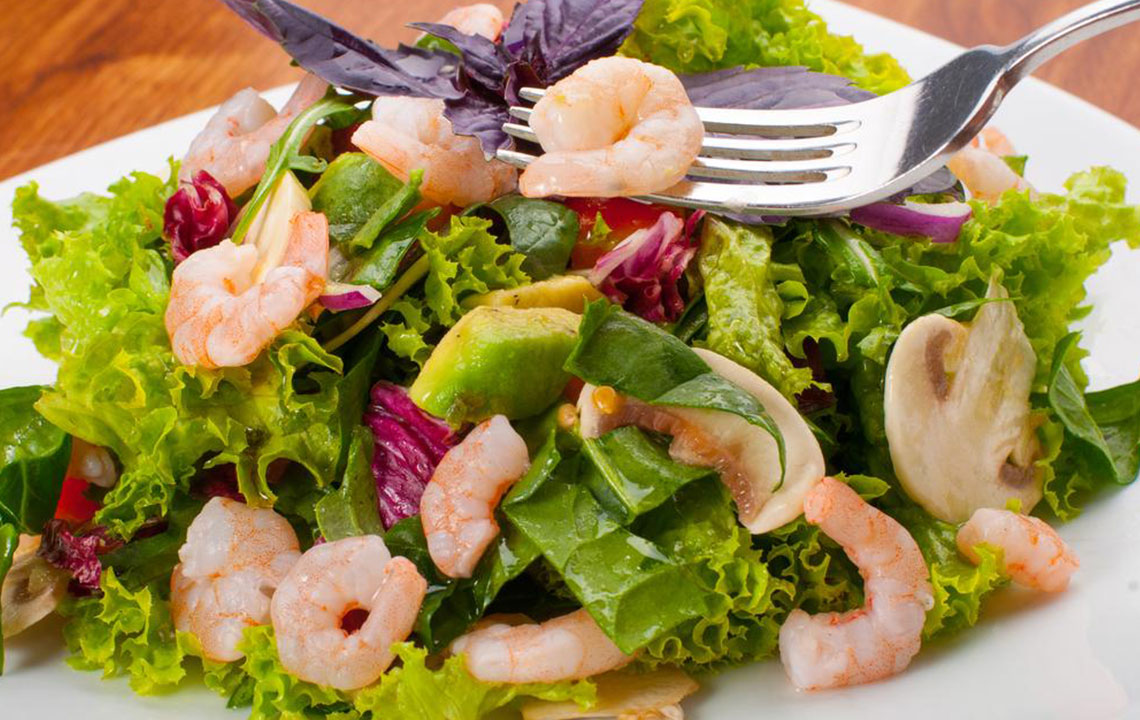Comprehensive Dietary Strategies for Effective Hypertension Management
This comprehensive guide offers effective nutritional strategies for managing hypertension through dietary modifications. Emphasizing limiting sodium, increasing potassium, magnesium, and calcium intake, and avoiding processed foods, the article provides practical tips for controlling blood pressure naturally. Incorporating these healthy eating habits along with lifestyle changes can significantly improve cardiovascular health and aid in long-term hypertension management. Ideal for individuals seeking to optimize their blood pressure control through diet and lifestyle.

Holistic Nutritional Approaches to Control and Prevent Hypertension
Hypertension, commonly known as high blood pressure, remains a significant health concern worldwide. While medications are often prescribed, lifestyle and dietary choices play a crucial role in managing this condition effectively. Poor eating habits can undermine medication efforts, leading to uncontrolled blood pressure and increasing the risk of heart disease, stroke, and other cardiovascular complications. This comprehensive guide explores smart nutritional strategies that can help individuals better control their blood pressure through targeted dietary modifications and healthy lifestyle practices.
Your diet has a profound impact on blood pressure levels. Emphasizing the consumption of foods rich in magnesium, potassium, and dietary fiber while limiting sodium intake can significantly enhance hypertension management. Unsure about how to structure your diet for optimal benefits? This article provides practical, science-backed tips and insights into choosing foods that support healthy blood pressure levels, as well as avoiding those that can elevate it.
Limit Sodium Intake for Better Blood Pressure Control
Reducing salt consumption is one of the most effective ways to manage hypertension. Excess sodium causes water retention, which increases blood pressure. To control salt intake, keep a food diary, check nutrition labels diligently, and aim for less than 2,300 milligrams of sodium daily, ideally around one teaspoon of salt. Using herbs and spices instead of salt can enhance flavor without compromising health.
Incorporate Calcium and Magnesium-Rich Foods
Foods such as plain, unsweetened yogurt, leafy greens like spinach and kale, and nuts are excellent sources of magnesium and calcium. These minerals help relax blood vessel walls and promote healthy circulation, thereby contributing to blood pressure regulation.
Maximize Potassium Intake with Vegetables and Fruits
Potassium plays a vital role in counteracting sodium's effects and easing tension in blood vessel walls. Consuming potassium-rich foods such as bananas, sweet potatoes, tomatoes, and citrus fruits can support optimal blood pressure levels.
Avoid Processed and High-Sodium Foods
Processed and canned foods are often laden with salt, preservatives, and additives that can raise blood pressure. Opt for fresh, whole foods whenever possible, and prepare meals at home to better control ingredients.
Practice Moderate Alcohol Consumption
While small amounts of alcohol may have some cardiovascular benefits, excessive drinking can raise blood pressure and interfere with antihypertensive medications. Limiting alcohol intake to no more than one standard drink per day for women and two for men is recommended.
Adopting a diet rich in nutrient-dense foods, maintaining a healthy weight, staying physically active, controlling alcohol intake, and reducing sodium consumption are key steps toward effective hypertension management. Combining these lifestyle modifications with routine blood pressure monitoring and medical advice can lead to significantly improved cardiovascular health and a better quality of life.





